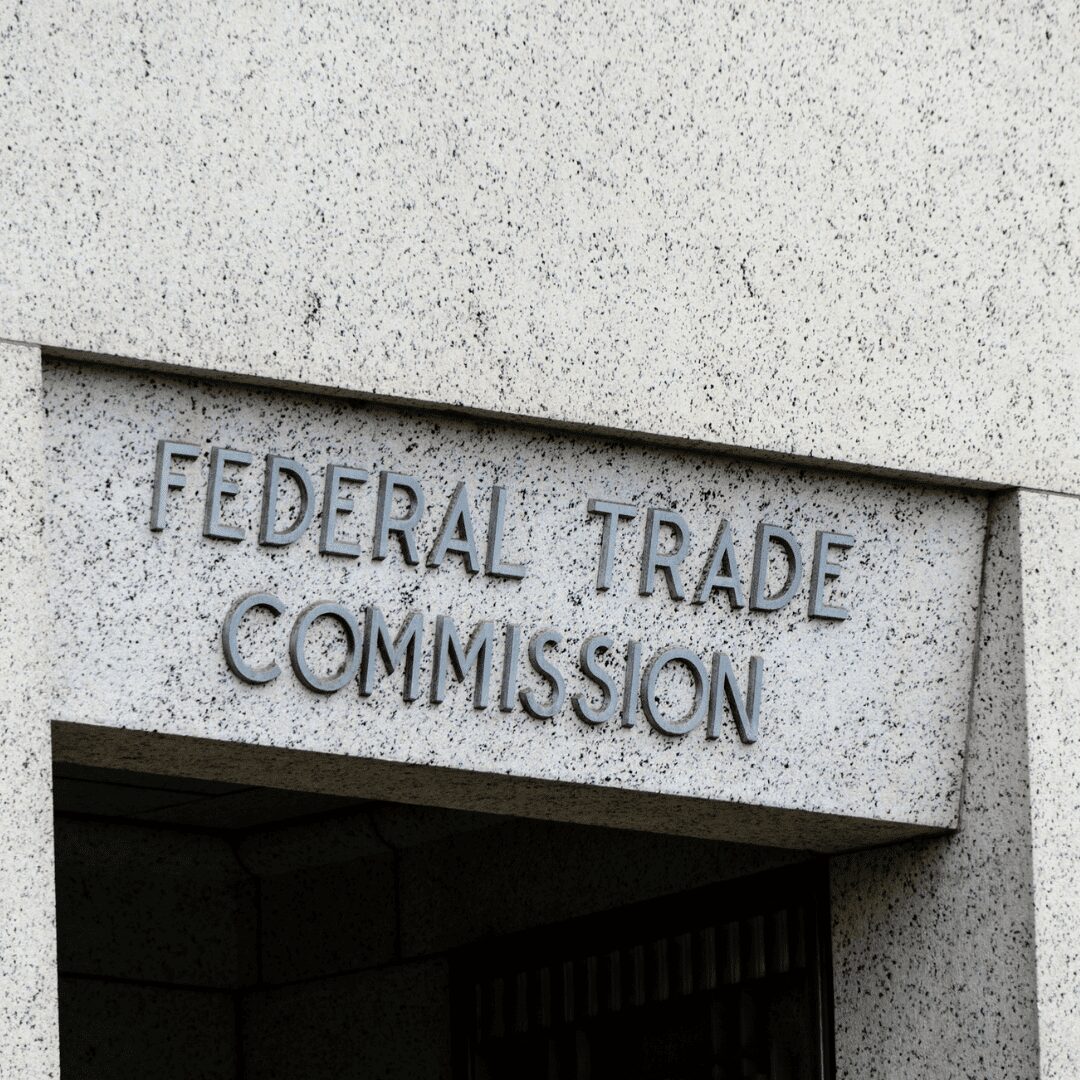
The Federal Trade Commission v. the First Amendment
David B McGarry
March 7, 2025
Last month, the Federal Trade Commission (FTC) announced an inquiry into the content moderation practices of Big Tech companies. The agency solicited public comments, both on the docket and privately at ReportFraud.ftc.gov. The inquiry would, presumably, culminate in a determination that certain editorial practices amount to “unfair or deceptive business practices” (UDAP). “Censorship by technology platforms is not just un-American, it is potentially illegal,” the FTC press release reads.
Whatever officials at the FTC – or any other agency – might think of private companies’ online content moderation, they have no business interfering. In fact, the First Amendment bars them from doing so.
Conservatives applaud the Supreme Court’s decision in Loper Bright Enterprises v. Raimondo (2024), which made clear that bureaucrats’ dubious interpretations of law will receive little deference in court. The ruling was an act of civic hygiene, ensuring that those executing the laws do not also rewrite them. Judges, not bureaucrats, hold interpretive authority in legal disputes.
However, the FTC is overlooking another of the High Court’s 2024 rulings, handed down just three days after Loper Bright. In Moody v. NetChoice, the majority found that the First Amendment protects online content moderation as it protects the editorial discretion of a newspaper. “When the platforms use their Standards and Guidelines to decide which third-party content those feeds will display, or how the display will be ordered and organized, they are making expressive choices,” Justice Elena Kagan wrote.
Given the Court’s speech precedents, this reasoning was profoundly unsurprising. Yet, even for skeptics – such as the states of Texas and Florida, whose statutes brought about the NetChoice litigation – the majority’s opinion should leave no doubt regarding content moderation’s constitutional status. The interpretive question has been answered. By its own conservative logic, the Trump administration (including the FTC) must abide by Court’s ruling.
The FTC seems to suggest that perceived divergences between platforms’ stated moderation policies and their enforcement practices could constitute illegal deception. However, as First Amendment attorney Ari Cohn notes, courts have looked skeptically at attempts to micromanage such practices. Such interference would necessarily inject the government into debates from which the Constitution bars it. For example, Cohn writes, “[t]o assess whether a ‘hate speech’ policy has been applied ‘consistently’ (or at all) requires the FTC to supplant the platform’s subjective judgment with the government’s own ‘official’ definition of ‘hate speech.’”
The FTC has faced this question before, and it arrived at a markedly different conclusion. Complaints were lodged in 2004 against Fox News, alleging that the network’s slogan, “Fair and Balanced,” misled the public. The agency declined to act. “There is no way to evaluate this petition without evaluating the content of the news at issue,” then-chair Timothy Muris said. “That is a task the First Amendment leaves to the American people, not a government agency.”
As the Taxpayers Protection Alliance has made clear (here, here, and here), Big Tech platforms have, at times, moderated content far too tightly. These platforms have at times disallowed non-left-wing speech that should, in a free and open society, receive a fair hearing. A nation that cherishes free speech requires a culture, as well as a legal system, that guards open debate. To this extent, the FTC is correct in noting that certain moderation decisions might be described as “un-American.” However, there are many types of speech that could be considered “un-American,” and nearly all of them enjoy constitutional protections. Although not unimportant, such questions must be settled by public debate – not by an FTC tribunal.
It is far more un-American to deploy the federal government to suppress disfavored speech. No objectionable private speech compares to the enormity of the federal government violating the letter of the First Amendment. Americans’ right to speak freely is not conditioned on their exercising that right in a manner of which the current occupant of the White House – or anybody else – approves.
